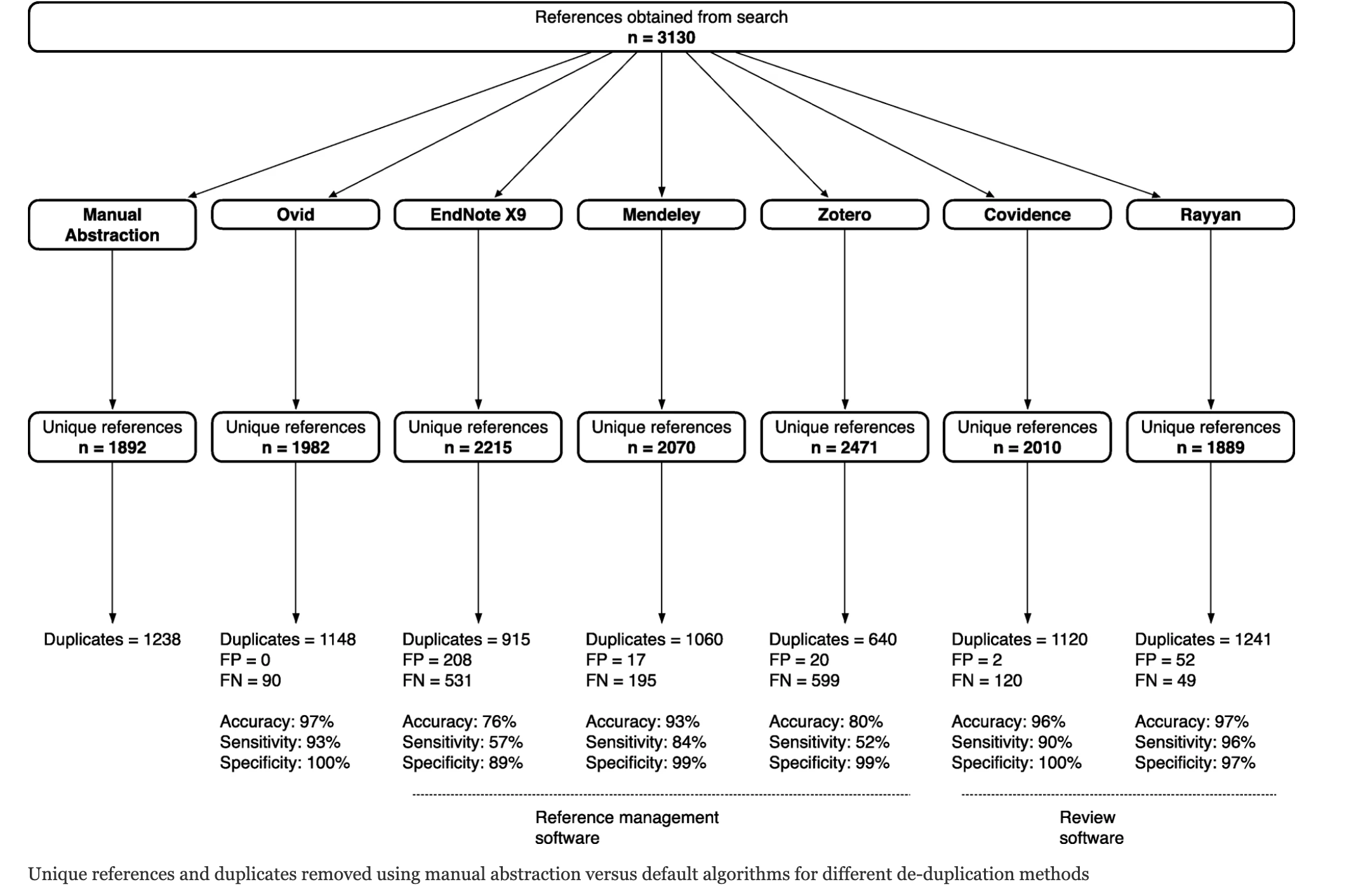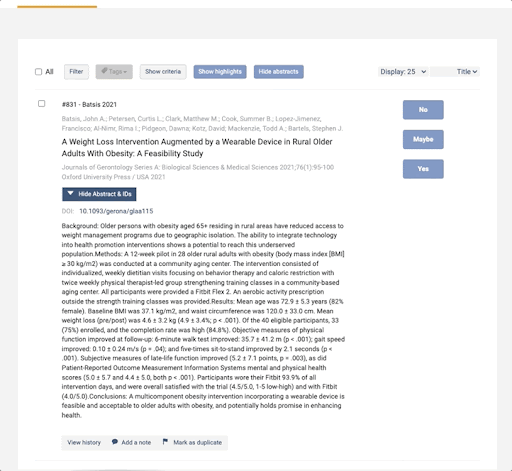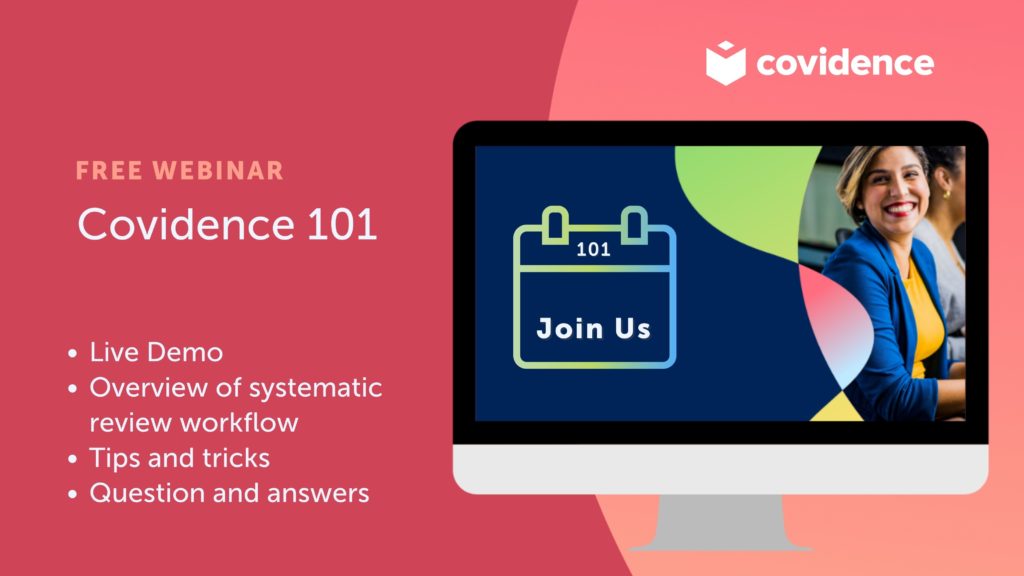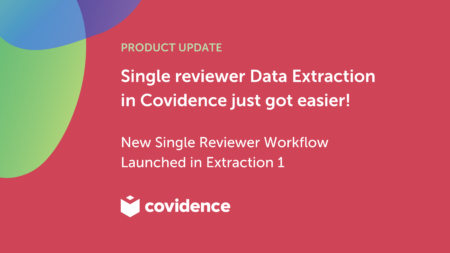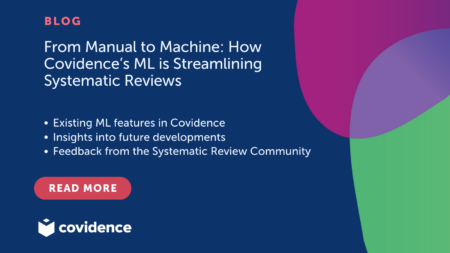Mark as a duplicate feature takes deduplication on Covidence to another level.
The latest feature adds to our already highly regarded automated deduplication algorithm by removing the manual process that occurs when some duplicates slip through.
The findings in McKeown and Mir’s review, is due to Covidence using a very strict deduplication method, which has the benefit of rarely, if ever, taking out duplicates mistakenly.
Some duplicates can get missed and reviewers need to take note and manually mark it as such. Well, not anymore! When on desktop, in the title and abstract or full text screening stage, there’s the option to mark a reference as a duplicate.
This will automatically:
- remove it from the screening list
- report it as a duplicate in the PRISMA diagram
- excluded it from the inter-rater reliability report if a vote has already been cast on the reference and;
- show who marked the reference as a duplicate
We’ve also listened to community feedback and ensured that you can:
- quickly undo this if you press the option by mistake
- follow a link to view the manually marked duplicates
- navigate to all of the manually marked duplicates and easily see the difference between them and the system detected duplicates and;
- given the duplicates page a face lift and made it much easier to see when a reference has more than 1 duplicate
If you make a mistake, then you can quickly undo or manage this later on the newly ‘manually marked duplicates’ page.
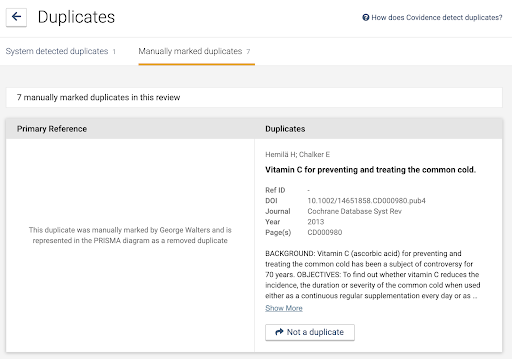
Creating more efficiencies to make reviewers' lives easier
This feature highlights in practice our principles to provide better collaboration, ease of use and guaranteed high quality results. It will ensure teams save time by removing manual workarounds, reducing miscommunication and alleviating the risk of making a mistake when updating PRISMA.
Coming up next…
In the coming weeks we will add this feature, to mark a duplicate when screening through title and abstract, on mobile.
Want to learn more about this new feature and the Covidence platform? You can reach out to us at any time on twitter @covidence, or register for our monthly Covidence 101 session.
